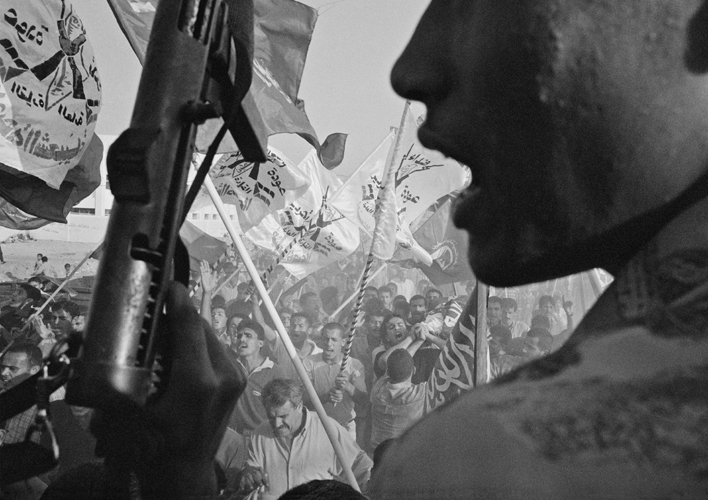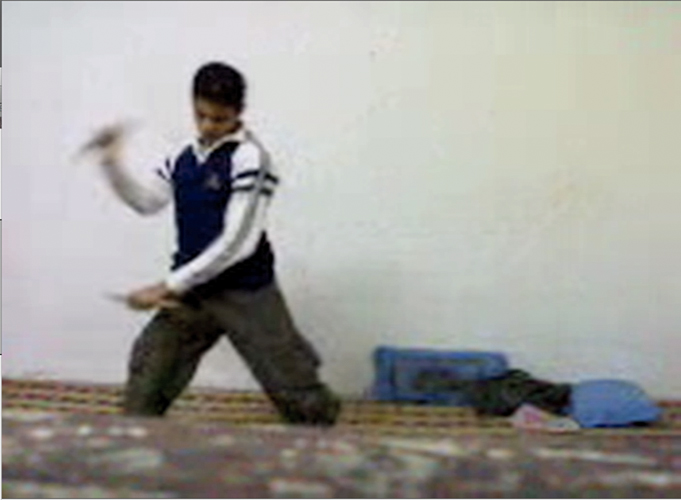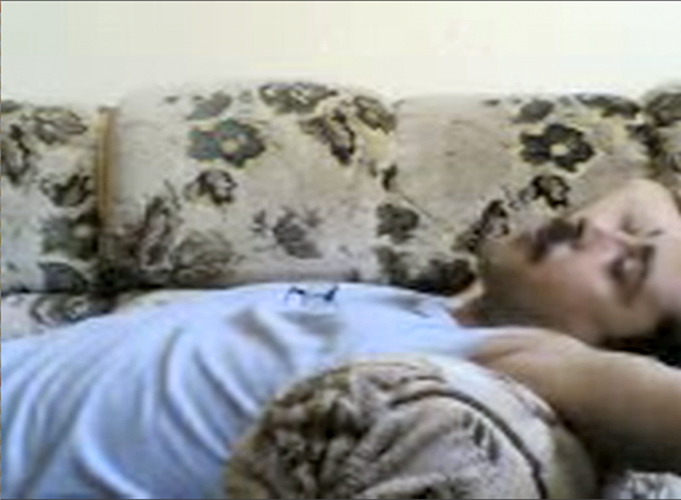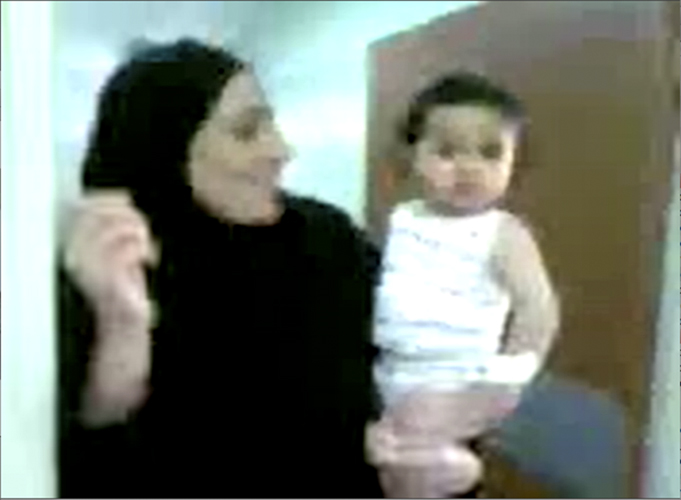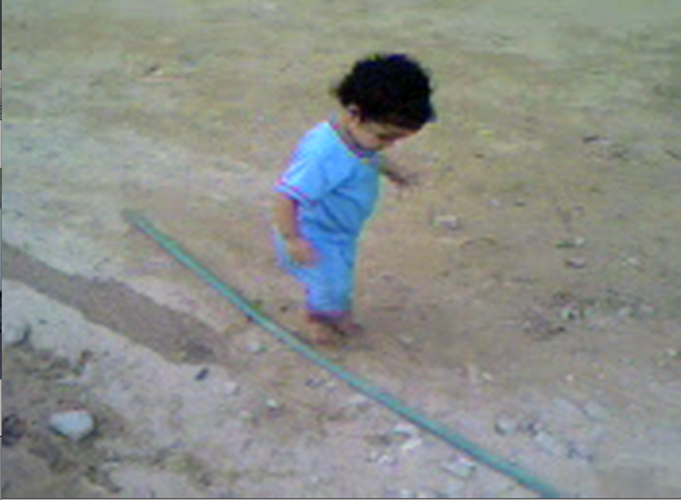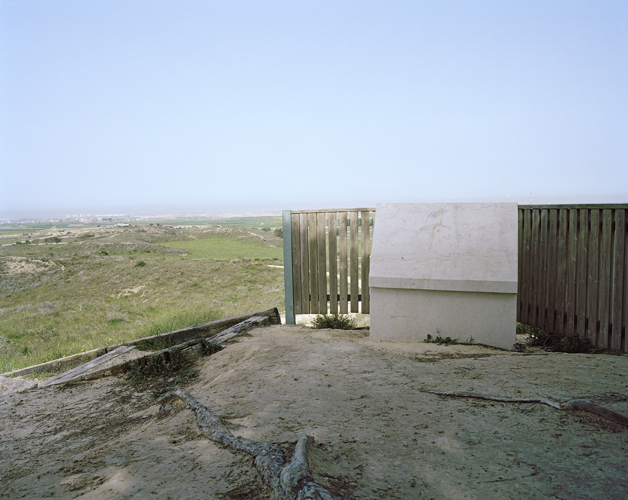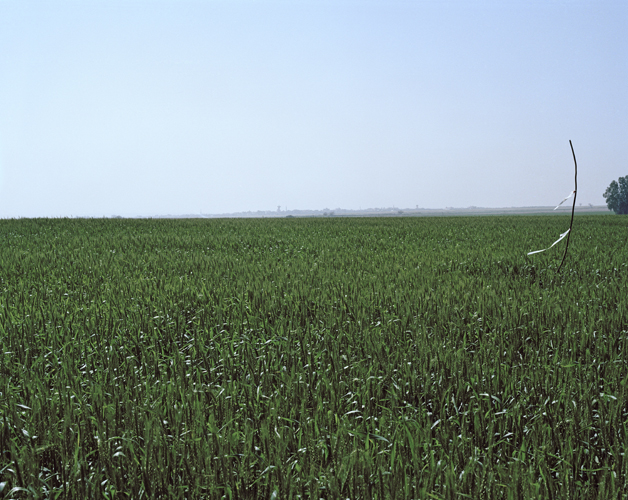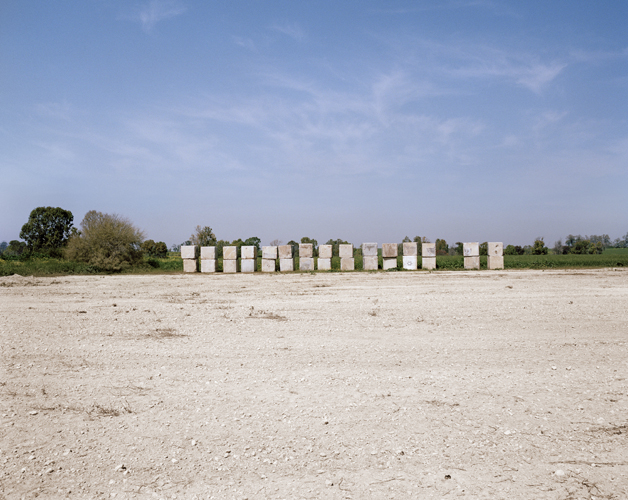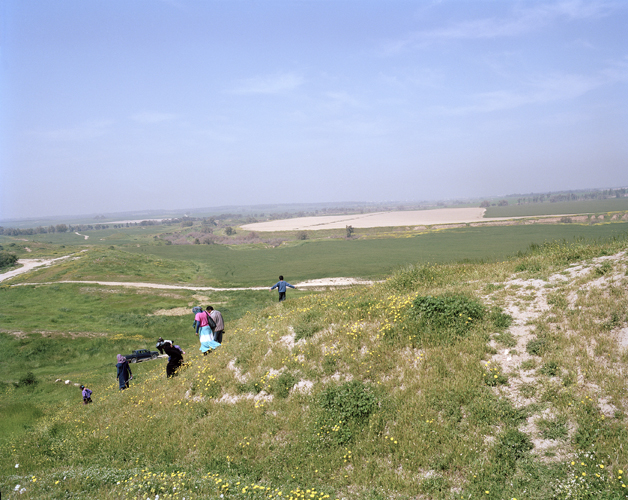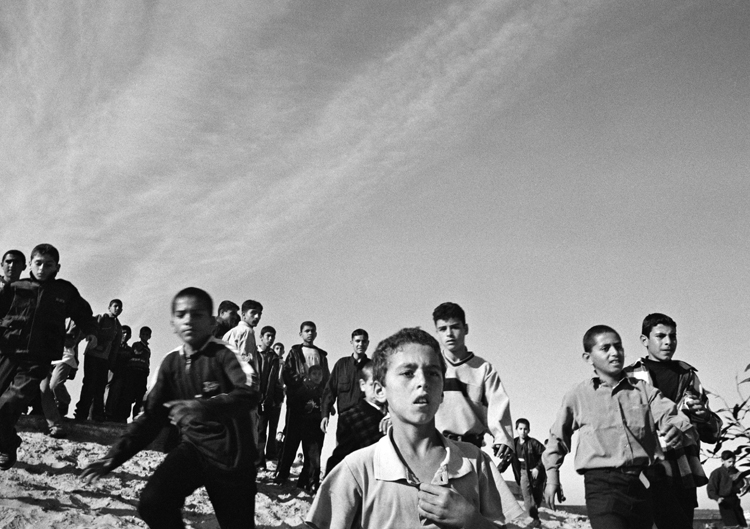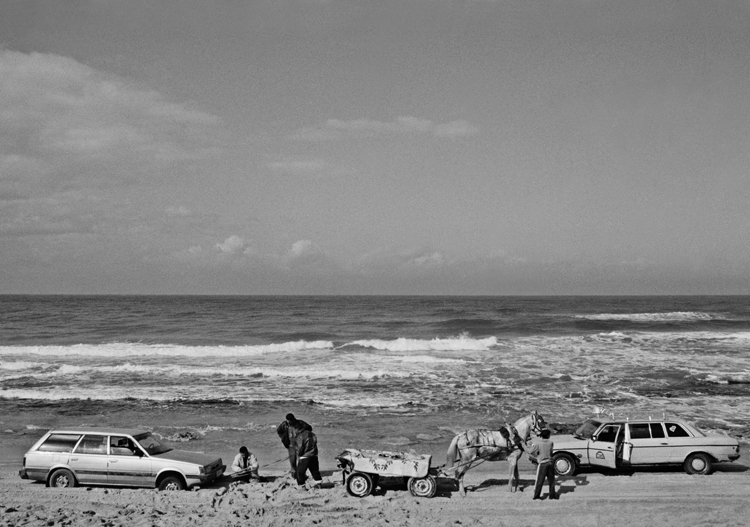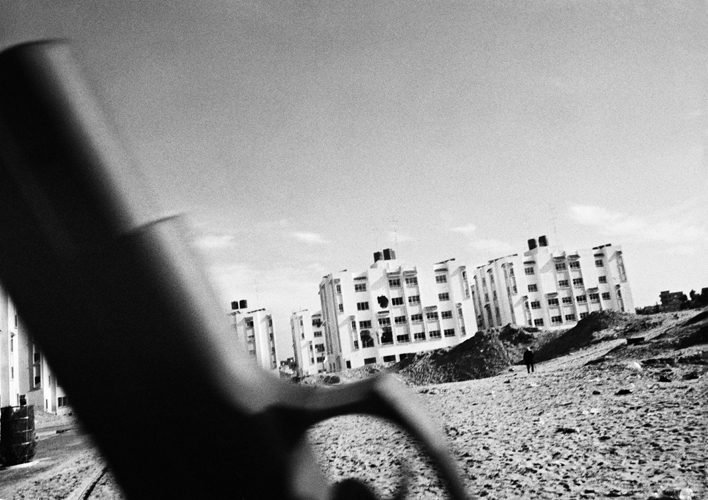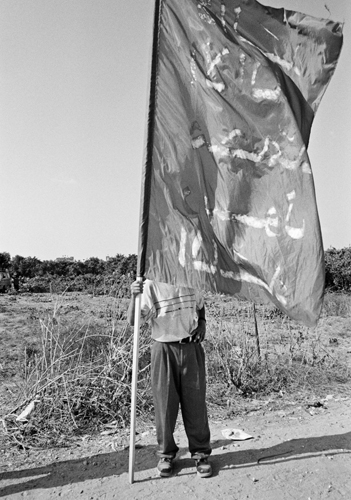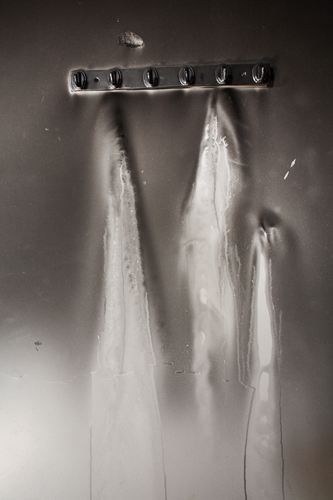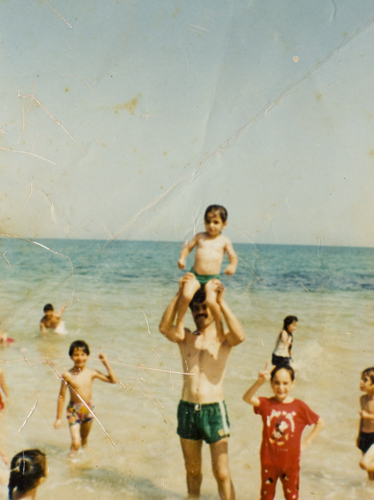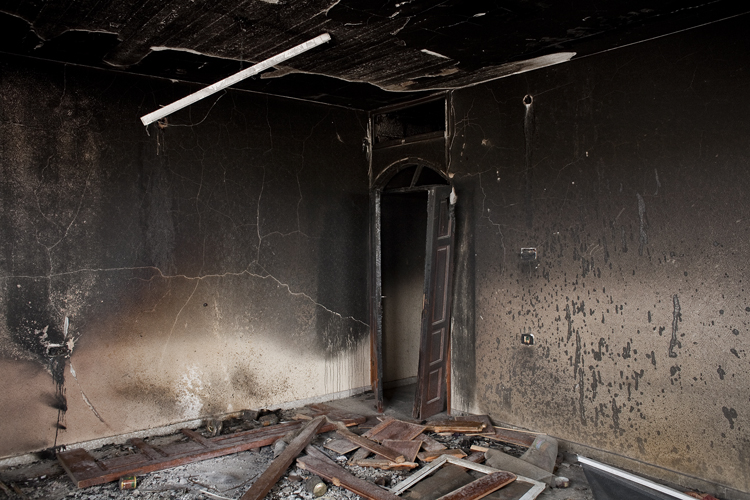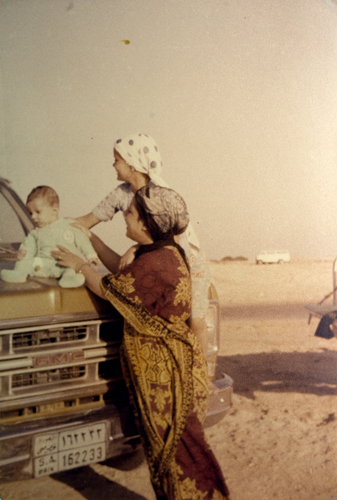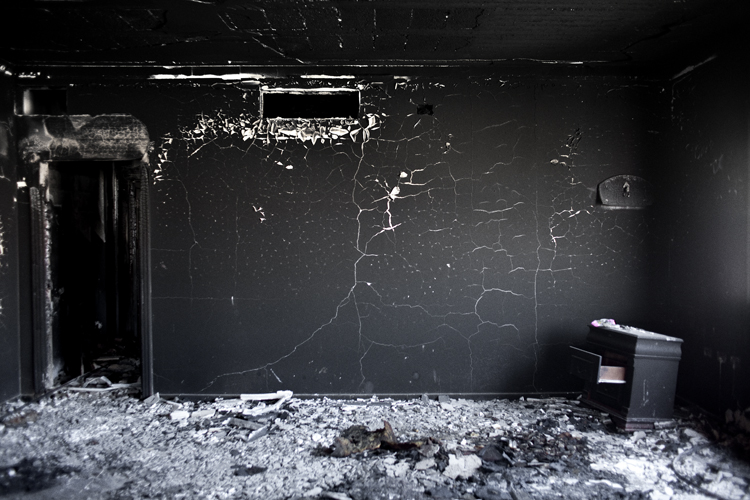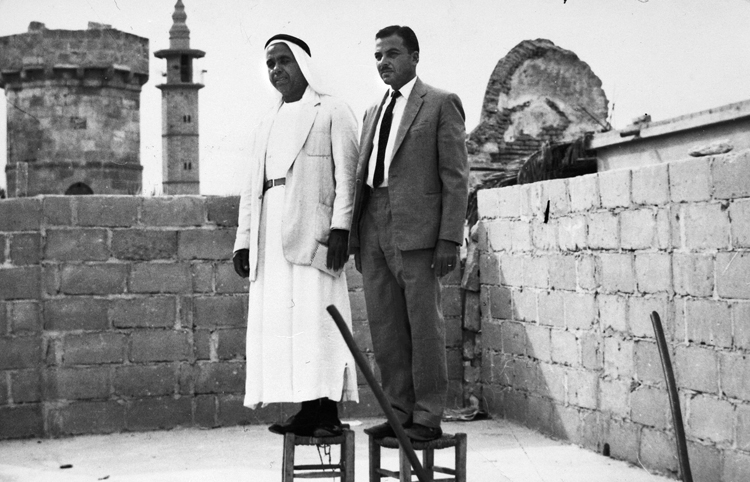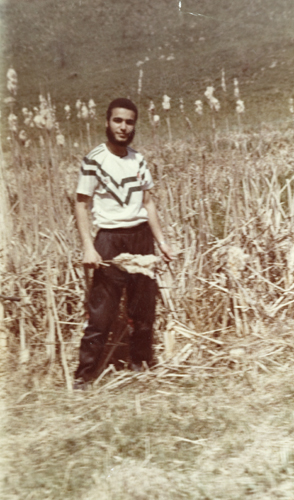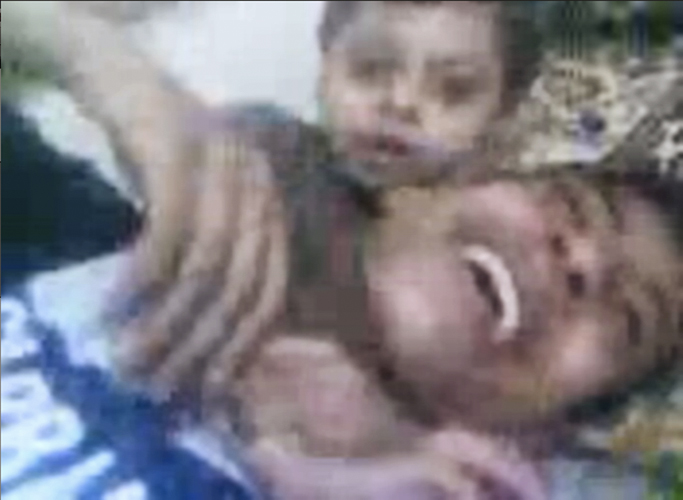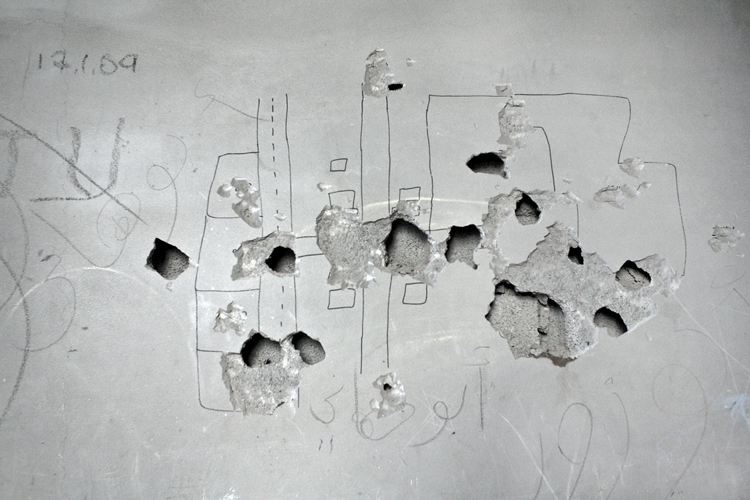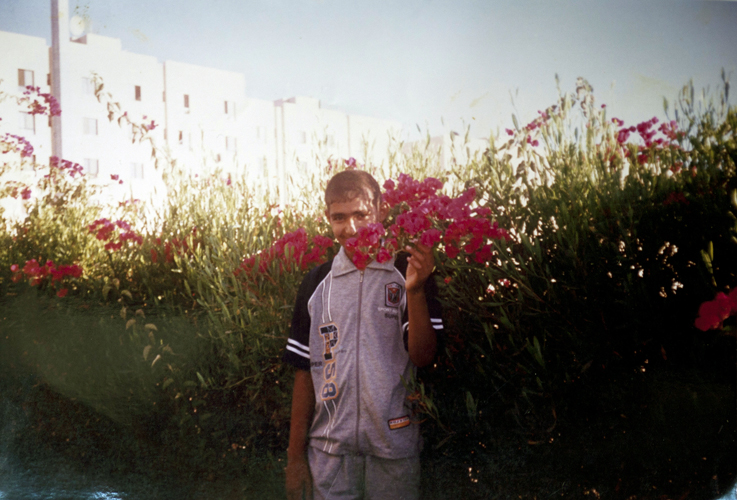Project
Killing Time
2001-2014
Excerpt from Fragments of lost life by Judith Butler from the book Killing Time
"But what we can expect here is an understanding of the way that the colonial occupation of Palestine works (and let us remember that the siege and bombardment are both parts of this occupation) is through the sudden, unexpected destruction of daily life, of movement, of land, of homes, and of livelihoods and of life. For the lives documented in their absence or in their briefly documented presence are ones for whom life can be taken or one’s world destroyed with violent suddenness? That violence does not simply interrupt and destroy a daily life, but pervades the very sense of daily space and time. It is doubtless linked with the practice of indefinite detention in the West Bank in which every Palestinian knows that he or she can be arrested without cause, imprisoned without due process, humiliated and isolated. A sudden and irreversible destruction of the small sequences and gestures of daily life, one that comes as no surprise, and leaves us to understand what it means to live life under conditions in which devastation comes as no surprise. In fact, however expected, it is always brutal and unexpected, and this is part of what makes it terror. For many, the repeated bombardments of Gaza collapse the distinction between past and future into an indefinite time, establishing the present into a killing time, one that murders grammatical tense as we know it, undermining the conditions of waiting and hoping and acting; they collapse as well the division between inside and outside such that there is no shelter against unprotected exposure to destruction. If we come to understand what it means to live with the imminent, certain yet unpredictable destruction of someone’s daily life, then perhaps we have begun to understand the spatial and temporal modalities by which terror is administered in Gaza."
-
*Killing Time*
2011
Videoinstallation, 12 min, in collaboration with Anders Refn.
The title Killing Time refers to the act of waiting – a common state for people in occupied areas or surrounded by blockades. It also points to the imminent death of the individuals portrayed in the mobile phone images and videos, which were taken by people living in Gaza and given to Kent Klich by surviving family members. One of them was the lawyer Gareeb Abed, who filmed himself with his mobile phone, waiting. He was killed while working at police headquarters in Rafah on 27 December 2008, the first day of the Israeli offensive Operation Cast Lead.
Video work

